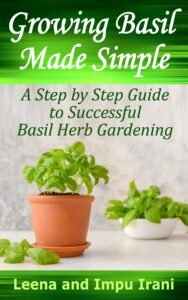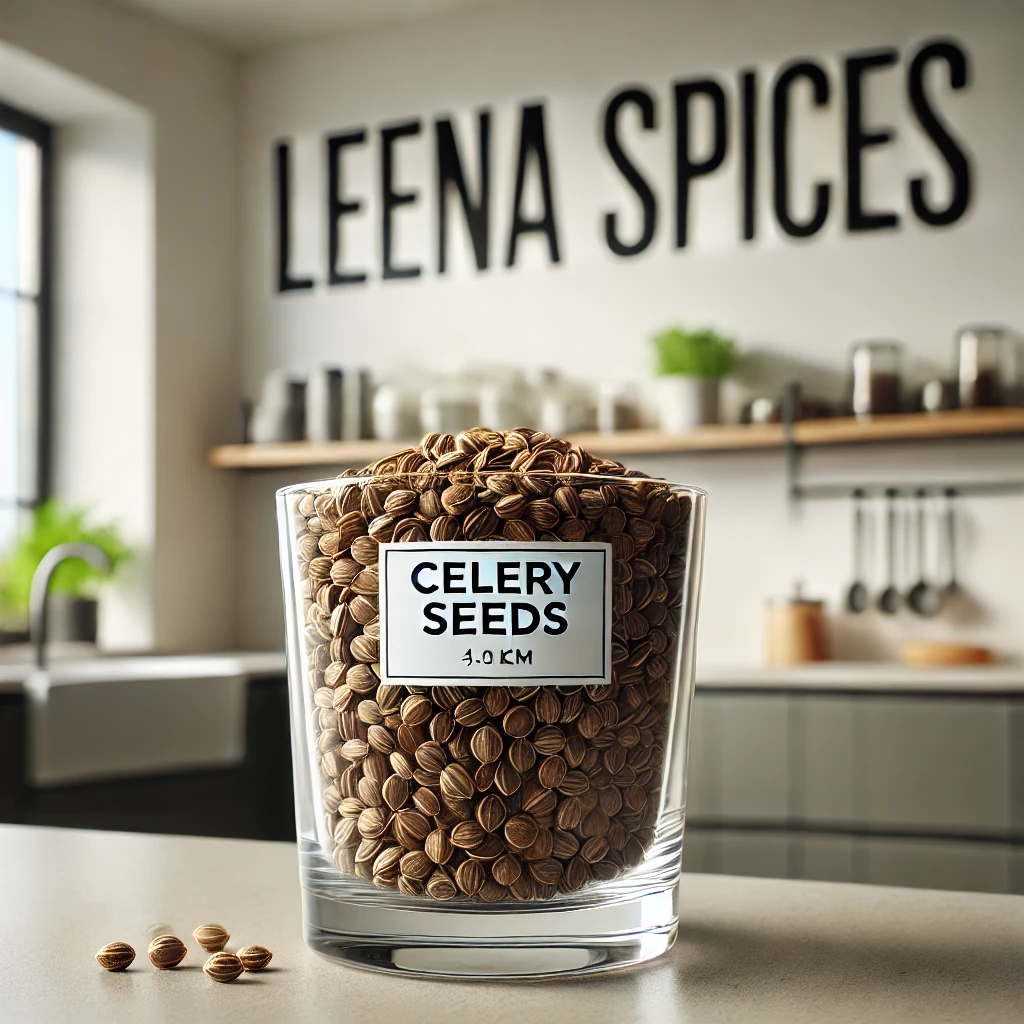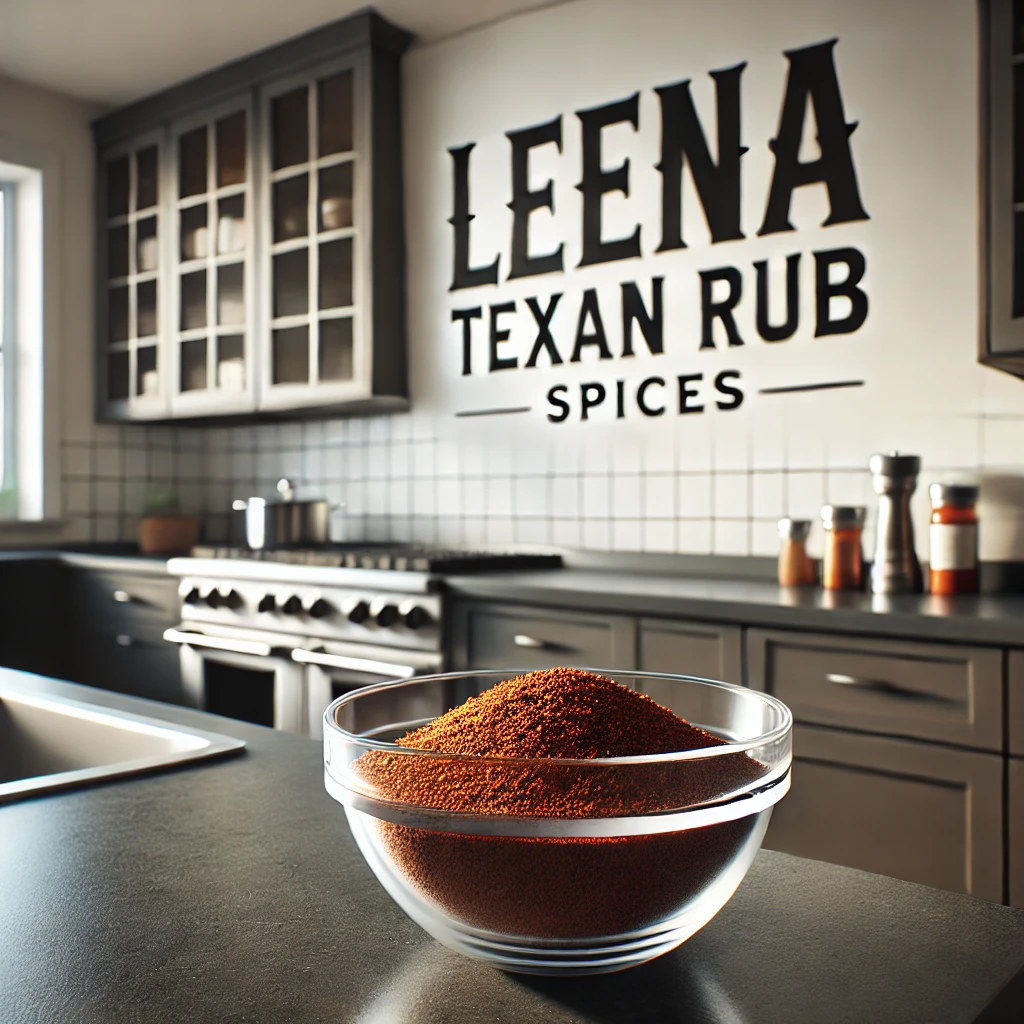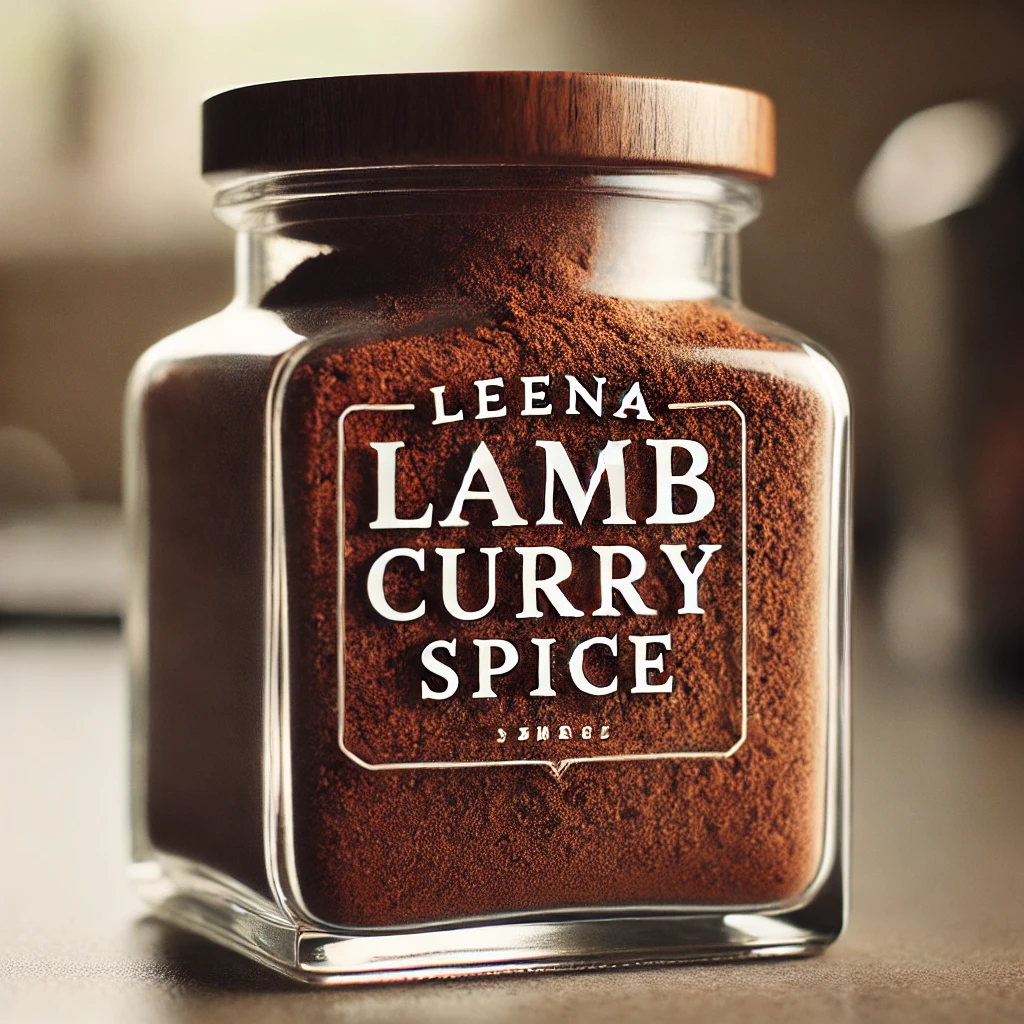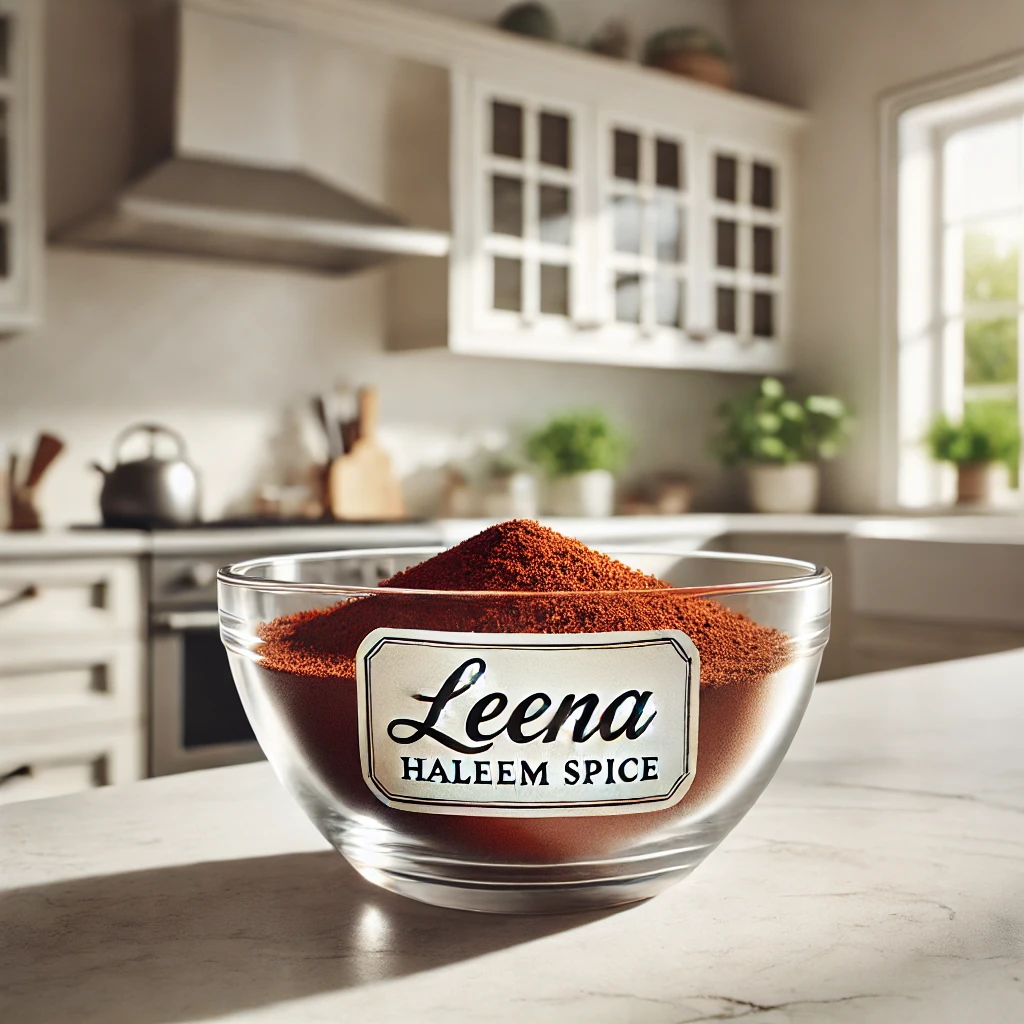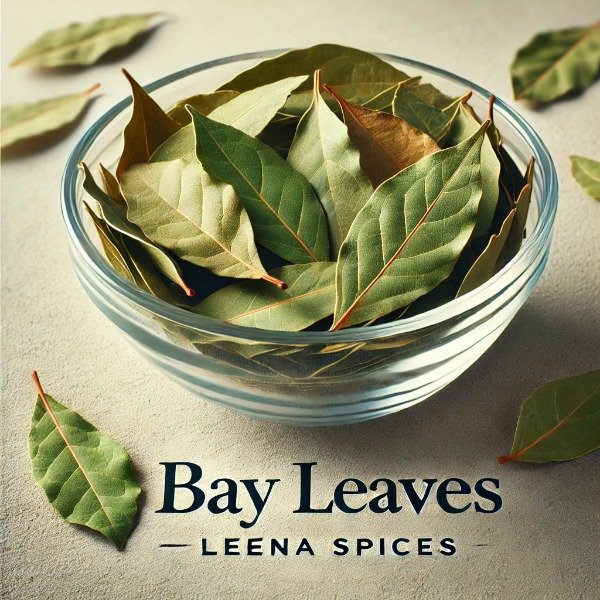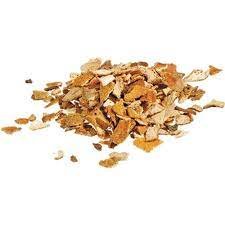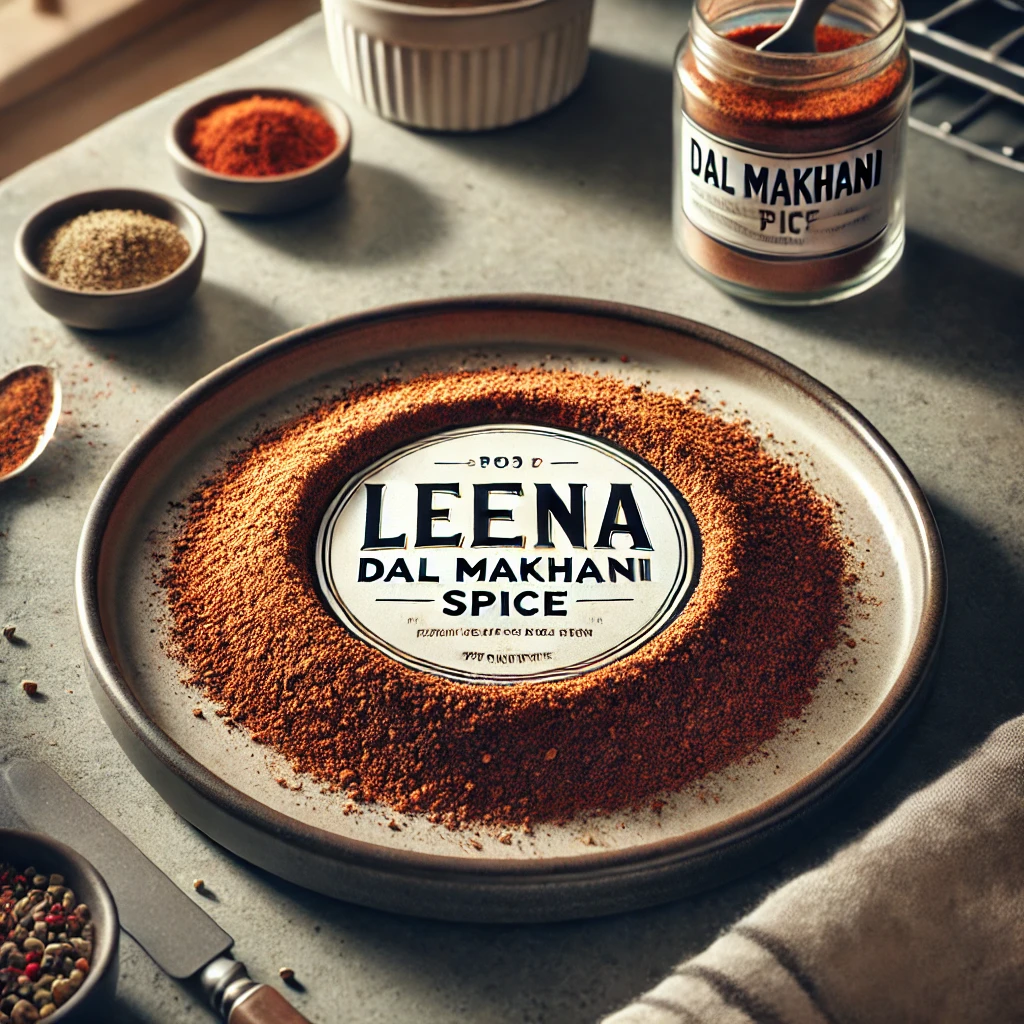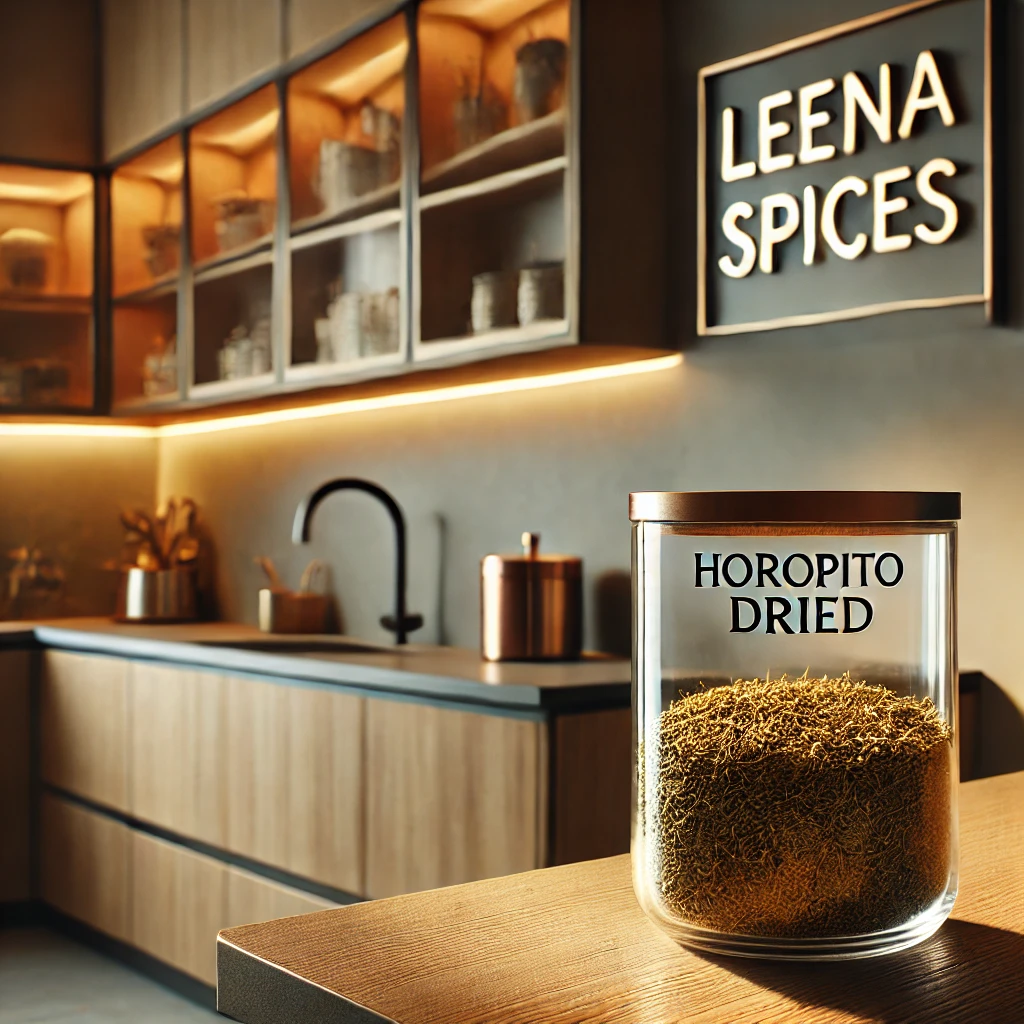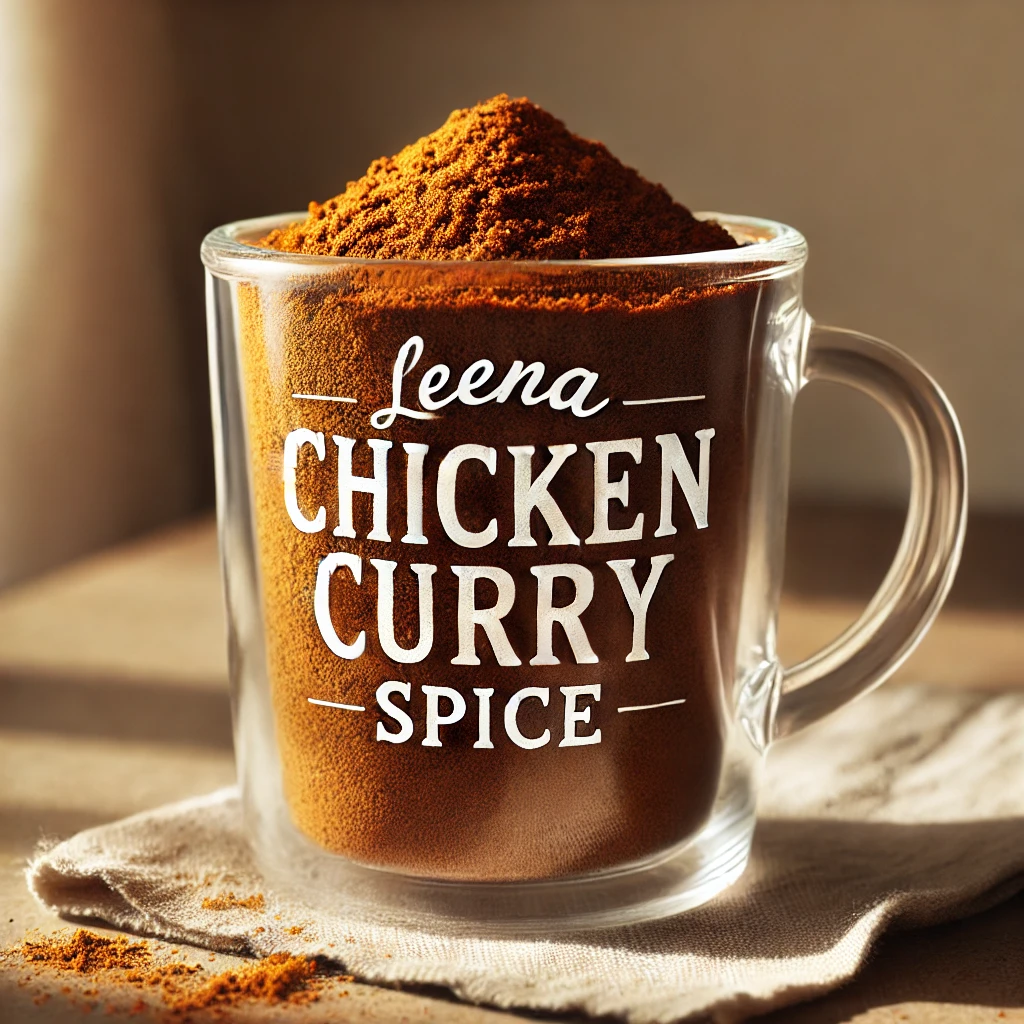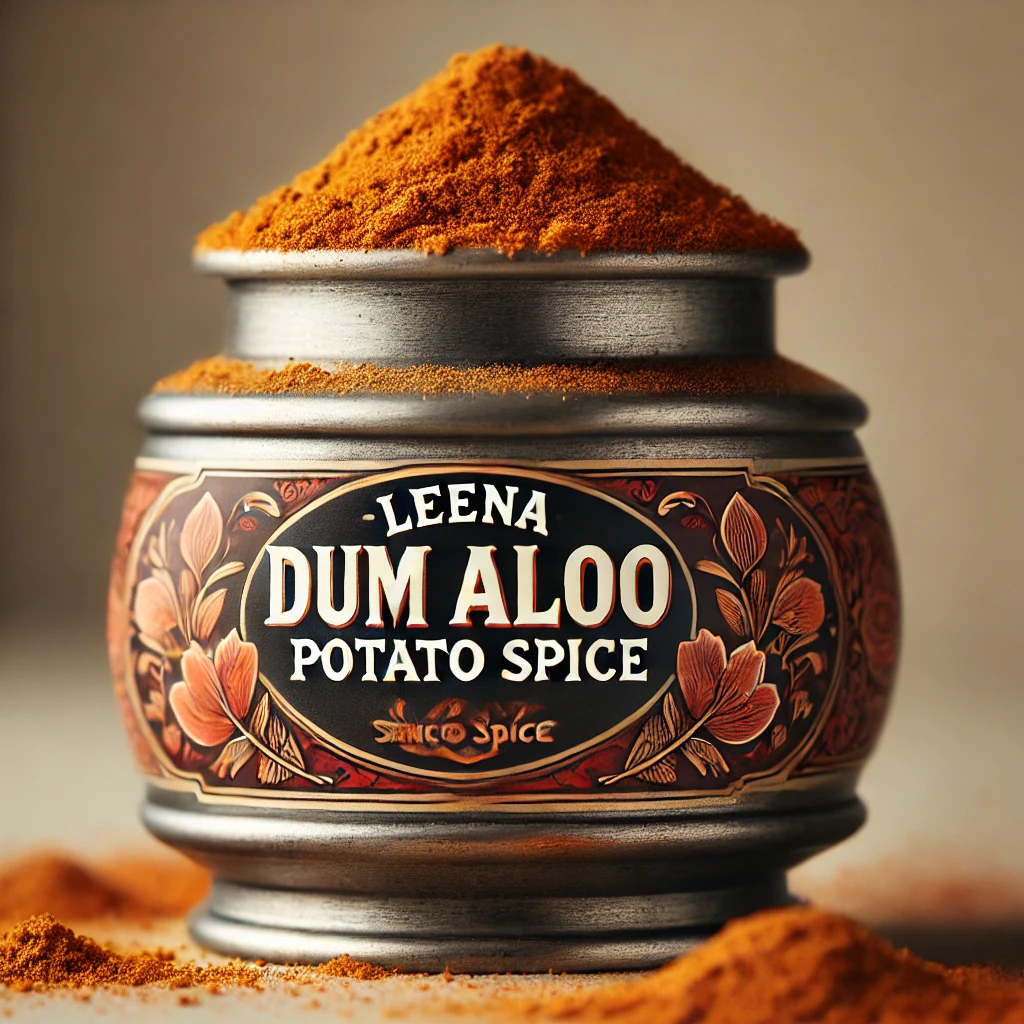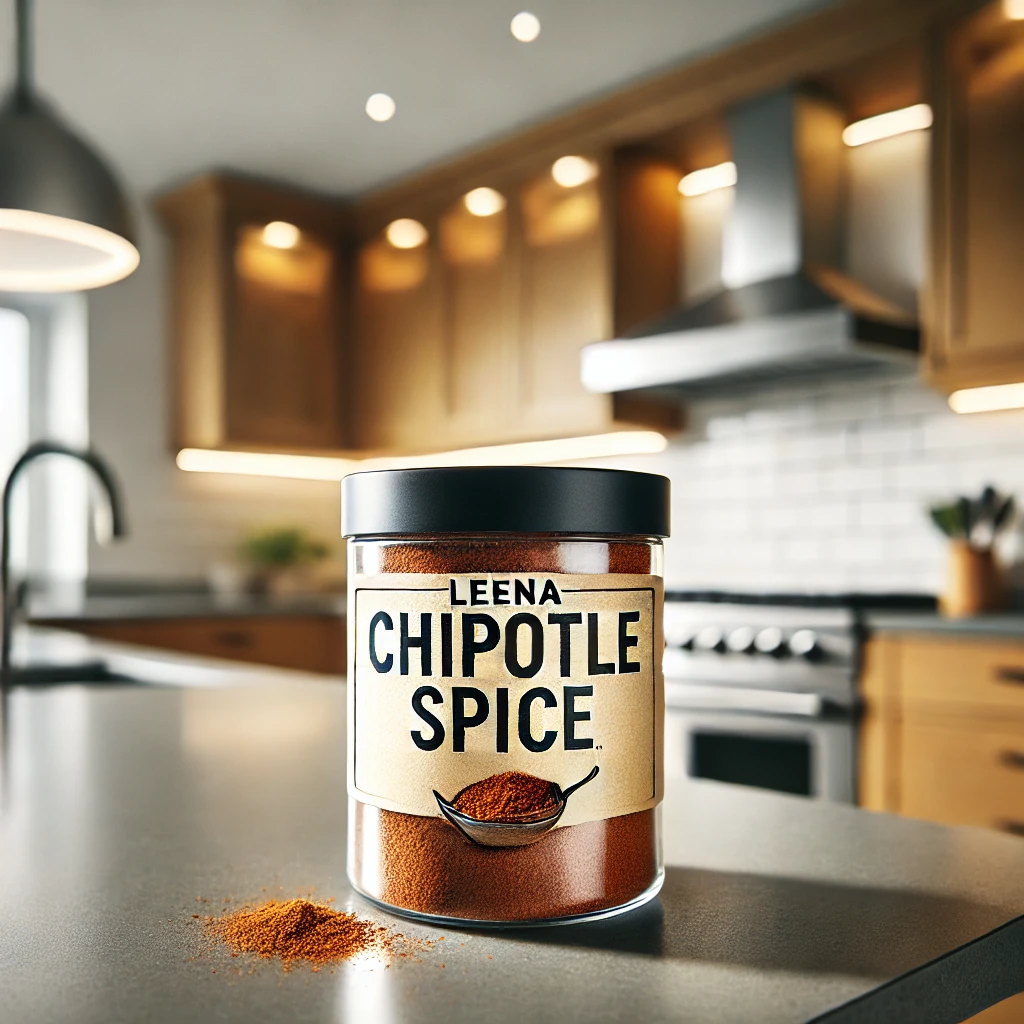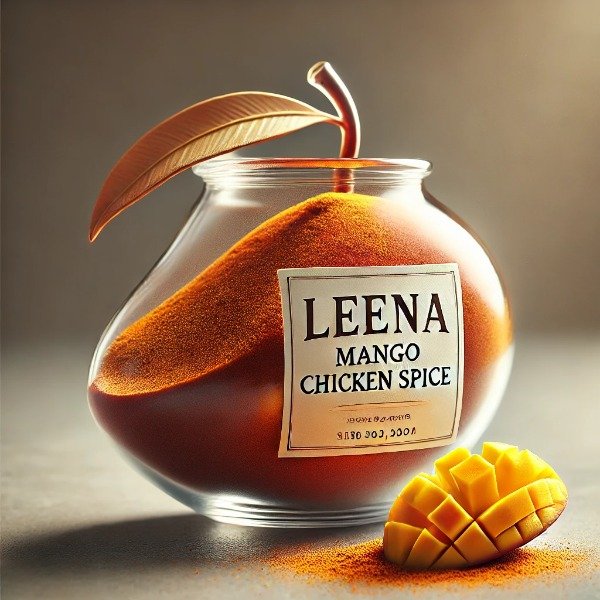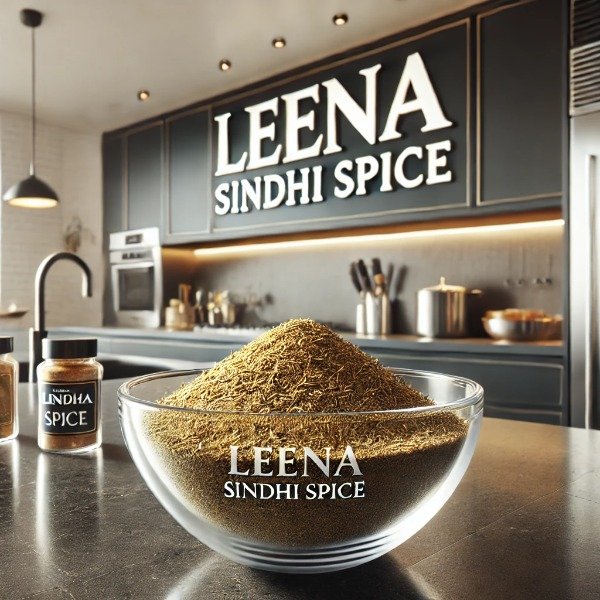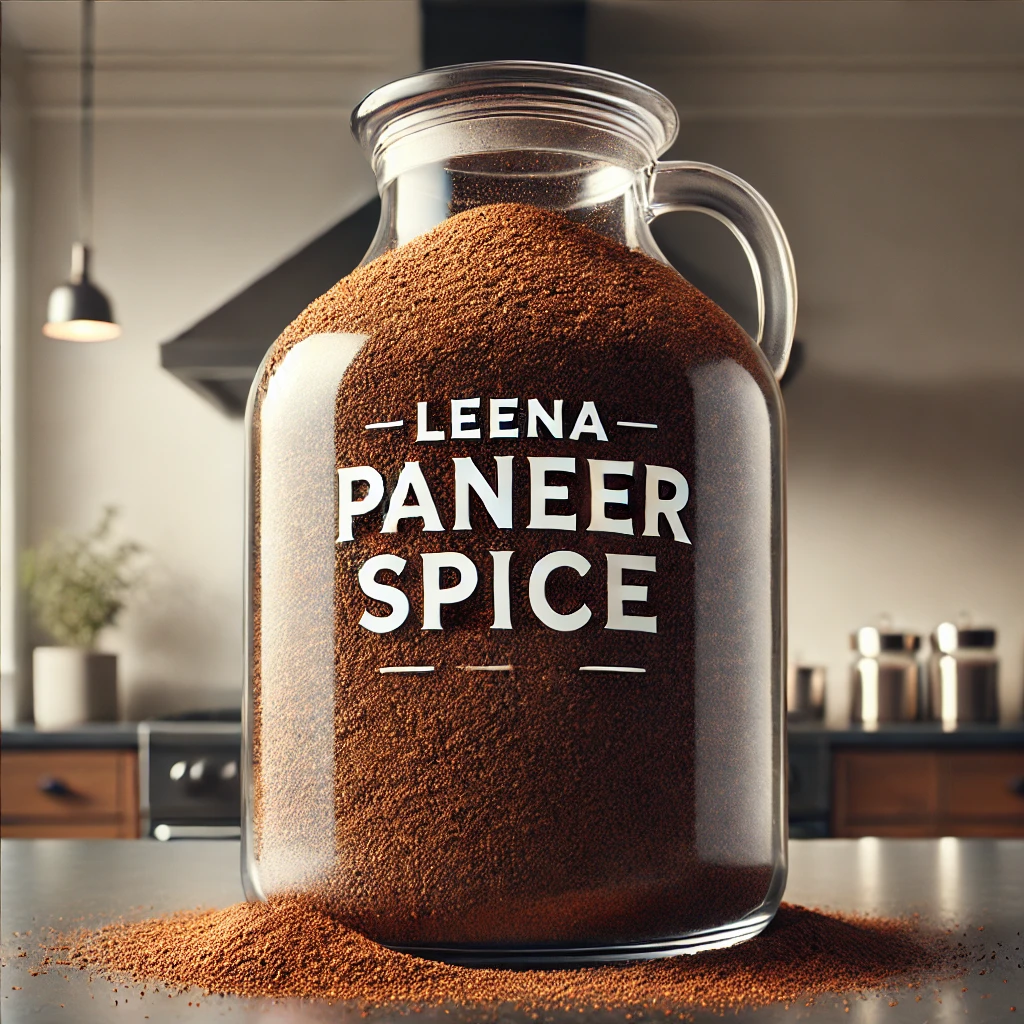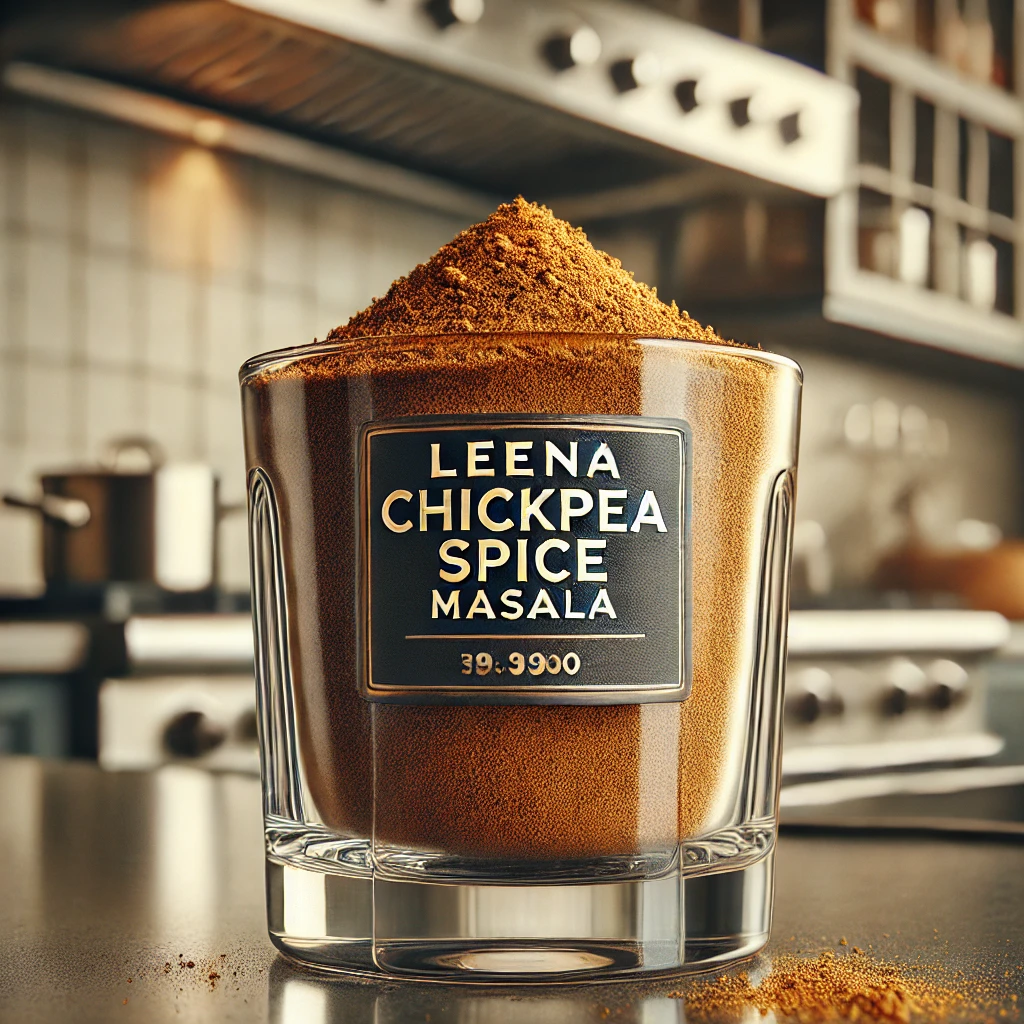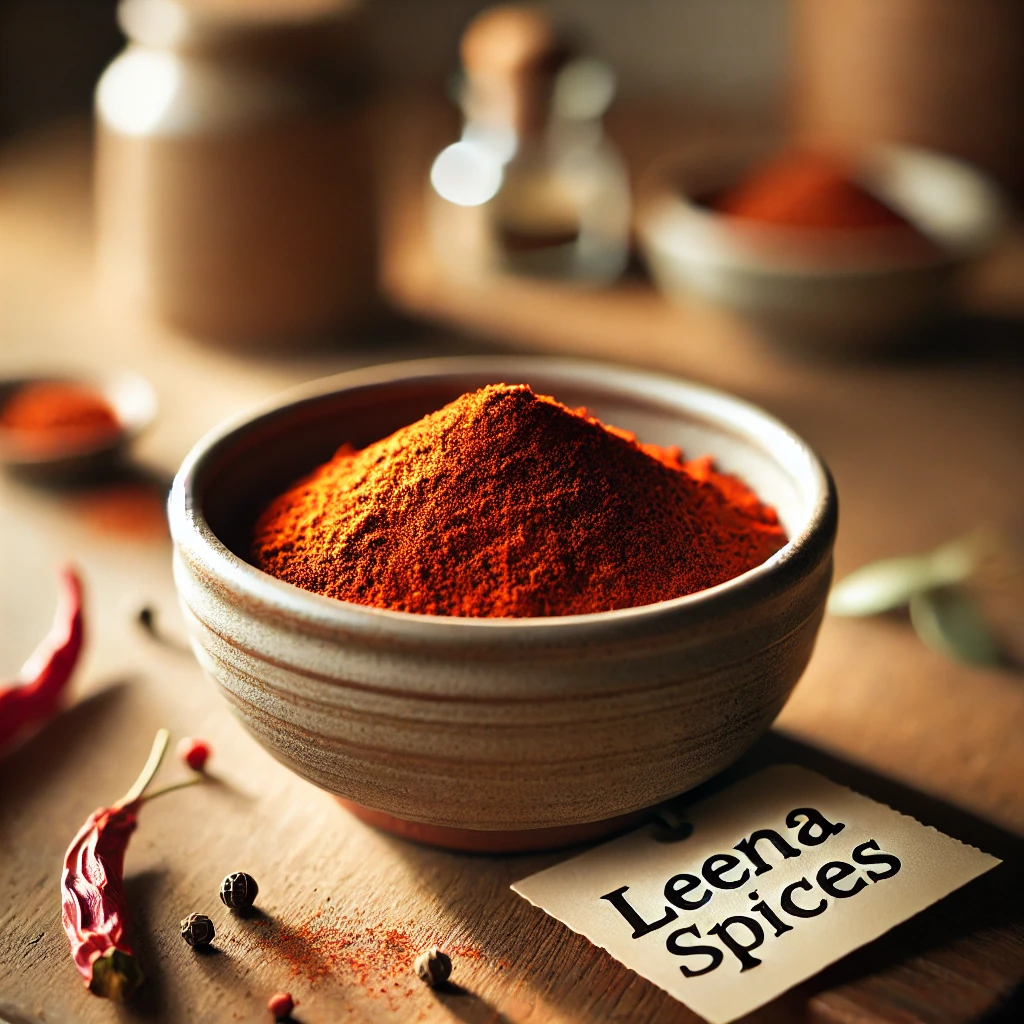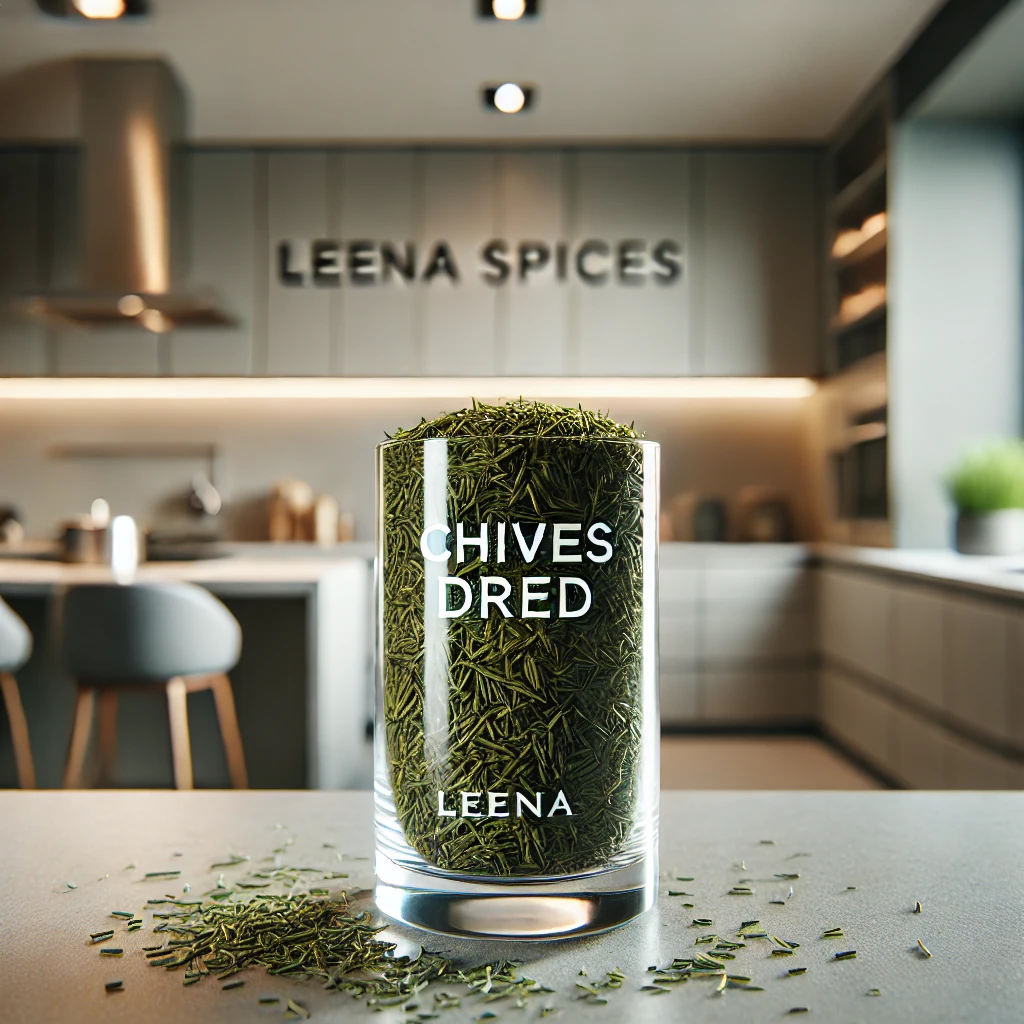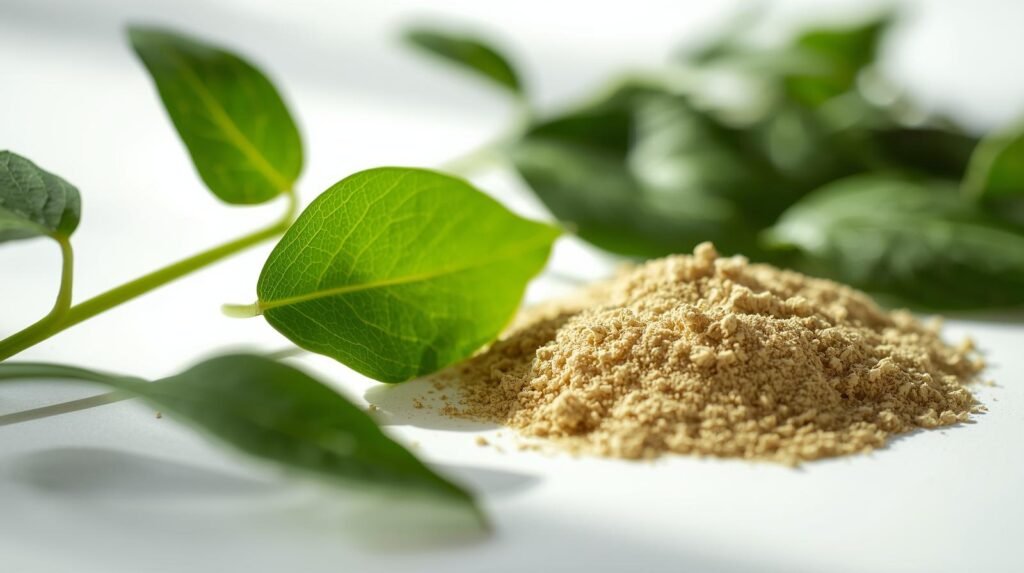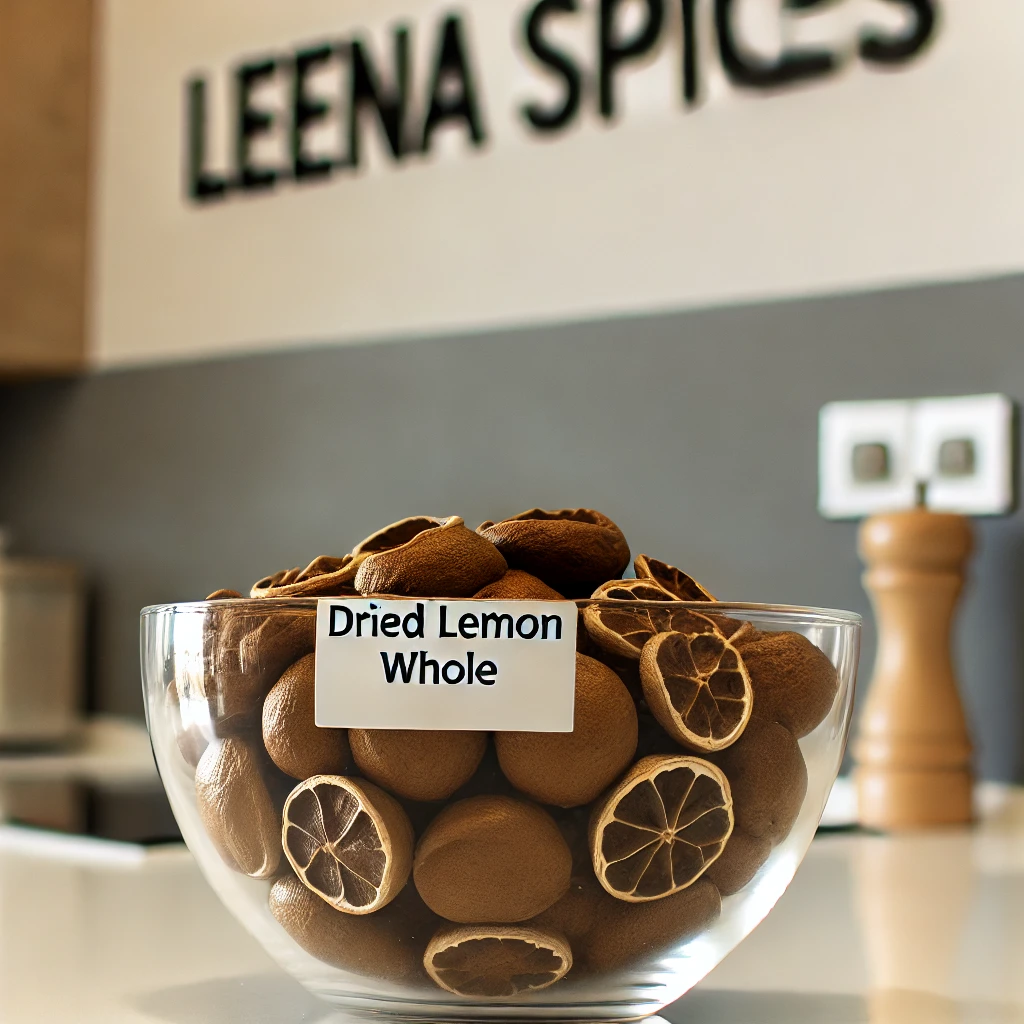Herbs and Spices 4 Simple Tricks to Make Them Last Longer and Taste Better
Table of Contents
- Introduction
- Key Takeaways
- Do spices have an expiration date
- How long do herbs and spices last
- Factors that affect shelf life
- Tips to extend the life of herbs and spices
- Conclusion
Introduction
Like any natural ingredient, herbs and spices are subject to changes over time. Their flavor, aroma, and potency gradually fade, which can affect the quality of your cooking. Understanding how long these ingredients last, how to store them properly, and how to tell if they are still fresh is essential for both health and culinary enjoyment.
Key Takeaways
Do herbs and spices expire or go bad?
Spices rarely become unsafe, but they lose flavor, aroma, and potency over time. Whole spices last longer than ground spices, and dried herbs fall in between.
How long do herbs and spices typically remain fresh?
- Fresh herbs: 1–3 weeks depending on type.
- Dried herbs: 1–3 years.
- Ground spices: 1–3 years.
- Whole spices: 3–5 years.
- Spice blends: 1–2 years.
How can I tell if herbs and spices are no longer good?
Check aroma, color, and taste. Weak smell, faded color, or bland flavor indicates the spice has lost potency. Moisture, clumping, or mold are signs to discard.
How should herbs and spices be stored for maximum freshness?
Use airtight containers and store in a cool, dark, dry place away from heat, moisture, and sunlight. Whole spices last longer than ground, so grind as needed.
Do “best by” dates mean spices are unsafe?
No, these dates indicate peak quality, not safety. Spices can still be used beyond the date, though flavor and potency may be reduced.
What factors affect the shelf life of spices?
Exposure to heat, light, air, and moisture accelerates the breakdown of volatile oils and compounds, causing spices to lose flavor faster.
How should herbs and spices be stored for maximum freshness?
Store spices in airtight containers in a cool, dark, dry place. Avoid heat sources, sunlight, and moisture. Whole spices last longer than ground spices, so buy whole when possible and grind as needed.
Are there differences between whole and ground spices?
Yes. Whole spices retain their essential oils longer and last longer than ground spices. Grinding exposes more surface area to air, light, and moisture, which speeds up flavor loss.
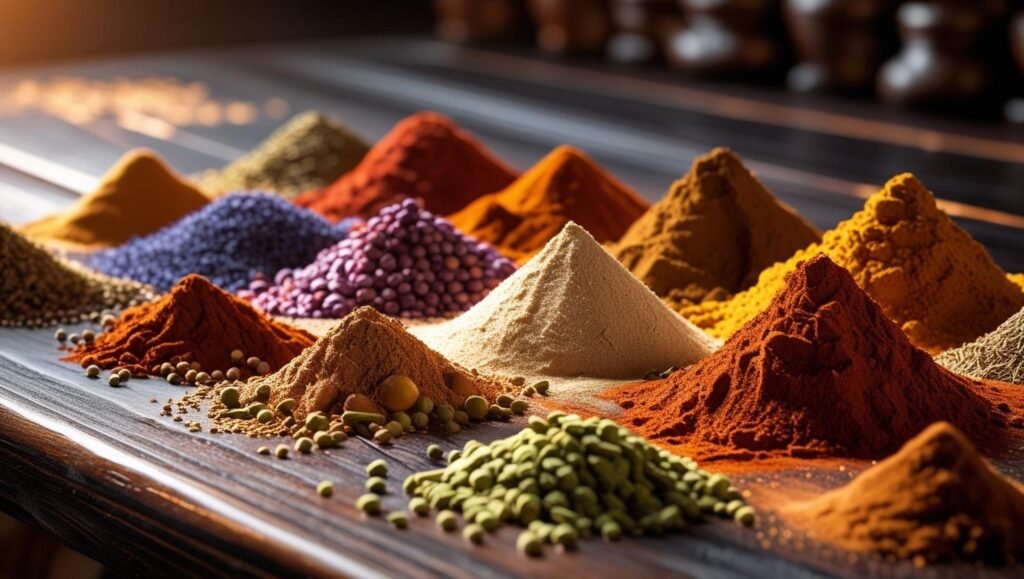
Do Spices Have an Expiration Date?
Spices do have an expiration date, but it primarily refers to their quality, flavor, and potency rather than food safety. Unlike perishable foods, dried spices and herbs rarely become unsafe to eat. Over time, they gradually lose aroma, taste, and color because their volatile oils and natural compounds break down or evaporate. Using old spices is not harmful, but it may result in bland or dull-tasting dishes.
How Long Do Herbs and Spices Last?
Fresh Herbs
Fresh herbs are the most perishable and their shelf life depends on type and storage:
- Soft herbs such as basil, cilantro, and parsley last about 3 to 7 days in the refrigerator.
- Hardy herbs like rosemary, thyme, and sage can last 1 to 2 weeks when refrigerated.
Storage Tips: Wrap in a damp paper towel and store in a plastic bag, or for basil, place stems in water at room temperature covered loosely with a plastic bag. Freezing chopped herbs in ice cube trays with water or oil can extend their life to 4–6 months.
Signs of Spoilage: Wilting, yellowing, sliminess, or a sour odor indicate they are no longer fresh.
Dried Herbs
Dried herbs have a slightly longer shelf life but still lose flavor faster than whole spices:
- Typically remain fresh for 1 to 3 years, depending on the herb.
- Delicate herbs like dill, chives, and parsley may lose potency closer to 1 year.
- Robust herbs such as oregano, rosemary, and thyme can retain flavor for up to 3 years.
Storage Tips: Keep in airtight containers in a cool, dark, dry place.
Signs of Loss of Freshness: Faded color, weak aroma, or lack of flavor.
Whole Spices
Whole spices have the longest shelf life because their essential oils are protected:
- Examples include cinnamon sticks, peppercorns, cloves, nutmeg, and cumin seeds.
- Typically last 3 to 5 years or longer if stored properly.
Storage Tips: Store in airtight containers in a cool, dark, dry place and grind as needed.
Signs of Loss of Freshness: Minimal aroma or flavor when crushed; discard if moldy or clumped.
Ground Spices
Ground spices lose potency faster due to increased exposure to air and light:
- Examples include ground cinnamon, turmeric, paprika, cumin, and chili powder.
- Optimal flavor lasts 1 to 3 years.
Storage Tips: Same as whole spices. Avoid pouring directly over steaming pots to prevent moisture contamination.
Signs of Loss of Freshness: Dull color, weak smell, or flat taste.
Spice Blends
Blends lose potency according to their most perishable ingredient:
- Typically last 1 to 2 years.
Tips: Store like other dried spices and replace if aroma or flavor diminishes.
Type | Examples | Typical Shelf Life | Storage Tips | Signs to Replace |
Fresh Herbs (Soft) | Basil, Cilantro, Parsley | 3–7 days | Wrap in damp paper towel, store in fridge; basil stems in water at room temperature | Wilting, yellowing, sliminess, sour smell |
Fresh Herbs (Hardy) | Rosemary, Thyme, Sage | 1–2 weeks | Store in fridge, loosely wrapped | Wilting, discoloration, loss of aroma |
Dried Herbs | Oregano, Thyme, Basil, Dill | 1–3 years | Airtight containers, cool, dark, dry place | Faded color, weak aroma, bland taste |
Whole Spices | Cinnamon sticks, Peppercorns, Cloves, Nutmeg, Cumin seeds | 3–5 years | Airtight containers, cool, dark, dry place; grind as needed | Minimal aroma or flavor when crushed, mold, clumping |
Ground Spices | Cinnamon powder, Turmeric, Paprika, Cumin, Chili powder | 1–3 years | Airtight containers, cool, dark, dry place; avoid moisture | Dull color, weak smell, flat taste |
Spice Blends | Curry powder, Taco seasoning, Garam masala | 1–2 years | Store like dried spices | Faded aroma, weak flavor |
High-Oil Spices | Paprika, Chili powder, Nutmeg | 1–2 years | Airtight containers, avoid heat and moisture | Off smell, rancid taste, clumping |
Factors That Affect Shelf Life
Several conditions influence how long herbs and spices remain fresh:
- Light: Direct sunlight or fluorescent light accelerates loss of color and flavor.
- Heat: Storing near stoves, ovens, or dishwashers degrades essential oils faster.
- Air: Oxygen exposure accelerates the breakdown of volatile compounds.
- Moisture: Humidity can cause clumping, caking, and in rare cases, mold growth.
How to Tell if Spices Are Still Good
- Smell: Rub a small amount between your fingers or hold the jar close to your nose. Weak or faint aroma indicates the spice has lost potency.
- Color: Vibrant color is a sign of freshness. Faded spices likely have diminished flavor.
- Taste: A weak or flat taste confirms the spice will not enhance dishes.
- Visual Clues: Clumping, discoloration, or mold indicates the spice should be discarded.
Tips to Extend the Life of Herbs and Spices
- Store in airtight containers in a cool, dark, and dry place.
- Avoid storing near heat sources, sunlight, or in humid areas.
- Buy whole spices and grind them as needed for longer freshness.
- Label purchase dates to track age and replace spices before they lose potency.
General Guidelines for Replacement
- Fresh herbs: Replace every 1–3 weeks or freeze for longer use.
- Dried herbs: Replace every 1–2 years.
- Ground spices: Replace every 1–3 years.
- Whole spices: Replace every 3–5 years.
Conclusion
Understanding the shelf life and proper storage of herbs and spices is essential. While herbs and spices rarely become unsafe to eat, they gradually lose aroma, flavor, and potency over time. By storing them in airtight containers, away from heat, light, and moisture, and regularly checking their freshness, you can ensure that every dish you prepare is as flavorful and nutritious as possible.
With the right knowledge and care, your kitchen can always be stocked with vibrant, effective, and long-lasting herbs and spices that enhance both your cooking and your health.

